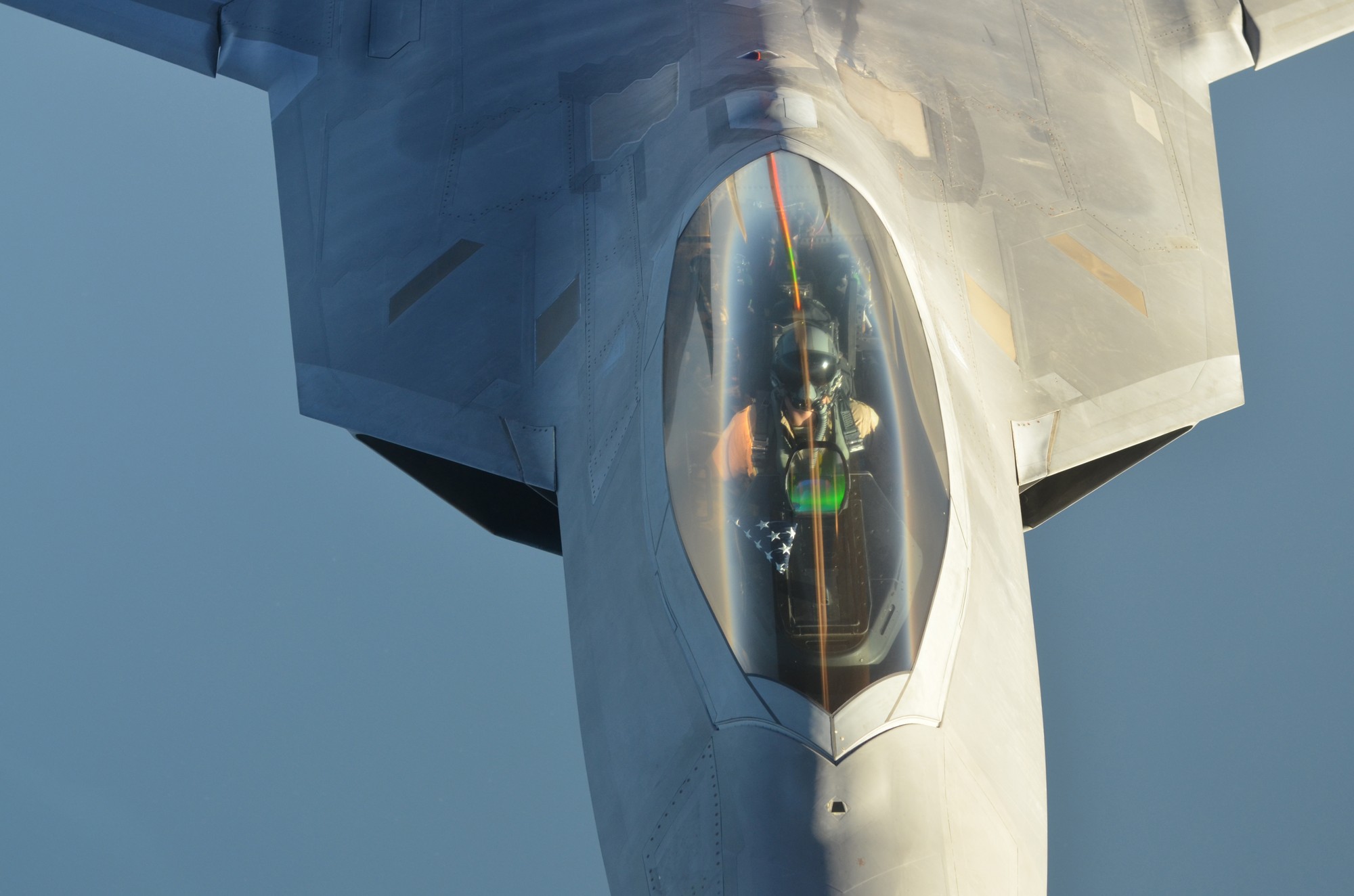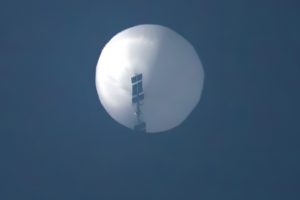The Labour party remains in turmoil over the decision to deploy airstrikes in Syria against Islamic State targets, after over 60MPs went against the party leader Jeremy Corbyn.
Just hours after Mr Cameron initially set out his case for an extension to RAF-coordinated attacks from Iraq to Syria, particularly focusing on what has been described as a “militant stronghold” of the city of Raqqa, Mr Corbyn wrote to his fellow Labour MP’s arguing that no such attack could go ahead as Mr Cameron had not only failed to explain how the campaign would be protecting Britain’s security, but furthermore blasting the Prime Minister’s argument, claiming that it simply “doesn’t add up”.
In his letter, Corbyn said, “I do not believe that the prime minister today made a convincing case that extending UK bombing to Syria would meet that crucial test. Nor did it satisfactorily answer the questions raised by us and the foreign affairs select committee. In particular, the prime minister did not set out a coherent strategy, coordinated through the United Nations, for the defeat of Isis. Nor has he been able to explain what credible and acceptable ground forces could retake and hold territory freed from Isis control by an intensified air campaign… For these and other reasons, I do not believe the prime minister’s current proposal for airstrikes in Syria will protect our security and therefore cannot support it.”
The differences at the highest level of the Labour party set the scene for the intense nature of activity during the debate, and, of course, the vote delivered in the Commons last Wednesday.
Supporters of Corbyn lobbied Labour MPs to reject military action, even in the face of the adversity he has received from within factions of his own party and the media. The letter has even set Mr Corbyn against his own shadow foreign secretary, Hillary Benn, who delivered a passionate speech to vote with the government. In his speech, Benn said, “What we know about fascists is that they need to be defeated”, making comparisons to the UK’s responsibility to fighting against ISIS as we did against Hitler and Mussolini.
Recriminations also began last Thursday in the wake of the vote against the 66 Labour MPs, including the shadow foreign secretary, who voted in favour of the air strikes, with many of them, according to former senior cabinet members, now legitimate targets for “deselection”. Benn, whose speech was deemed one of the most powerful given in the Commons for decades, despite completely contrasting the feelings Mr. Corbyn had expressed as talks began earlier in the day, remains the subject of much anger and derision for protesters, as he was accused of “warmongering” by online campaigners, and bringing shame on his late father, Tony Benn, who held passionate views on the anti-war movement. Shortly after proceedings, Mr. Corbyn released a statement, which was quickly picked up on social media, saying he would not tolerate abuse against MPs from any side. This campaign of what he called “bullying” of Labour MPs “flies in the face of everything” he believed in, and that there was no place in Labour for those who engaged in abusive behaviour.
On the eve of the debate, David Cameron urged his party to vote for action in Syria, controversially urging members not to “walk through the lobbies with Jeremy Corbyn and a bunch of terrorist sympathisers.” This logic can therefore be applied to assume that anyone against extending airstrikes in Syria is also a ‘terrorist sympathiser’, which happens to be a majority of the public. MPs were obviously furious about the comments made by the Prime Minister, asking him to apologise for his remarks at least 15 times if not more for “demeaning his office”, as several MPs put it.
One local MP who has been at the forefront of media attention in light of these developments is Paul Flynn, MP for Newport West In a statement given exclusively to Gair Rhydd, he made his feelings on his party’s future under Mr Corbyn clear once again. “These are exciting, exhilarating times, when the extraordinary becomes commonplace and miracles are routine. The Labour collapse in Scotland was on a scale unprecedented in centuries of British history, and the shifts of loyalties were mountainous. Labour majorities of over 20,000 were transmuted into majorities of more than 10,000 for the SNP. The Leadership Election stunned by humbling the mighty and exalting the meek, but it’s time to reboot my crystal ball; both candidates for Leader and Deputy that I nominated in the Labour Leadership Election came last!”
Mr Flynn continued in his analysis of his party leaders’ strengths, and how, if anything, crises like the one he faced in the Commons will only spur him on. “Jeremy Corbyn’s elevation has jump-started the shell-shocked and comatose party into fresh life. His victory has left the Tories more demented than ever in their creation of maniacal, mind-numbing soundbites that irritate like toothache and may surpass the vacuous imbecility of the ‘long-term economic strategy’ and ‘hard-working families’. The scale of the victory has smothered all the objections and excuses that were being incubated beforehand. A majority in all three sectors kills all suggestions of influence by infiltrators or faulty administration. ‘New Politics’ has arrived, and no longer can any voter say that all parties are the same.
“Labour with Corbyn in place is distinctive, idealistic, gritty and armed with messages of forceful clarity and freshly minted ideals. The way ahead for the Parliamentary Labour Party is ONE Leader (no quibbling or back-biting), ONE Party (no splits), and ONE Enemy (this awful Government).”
A three-line whip to oppose military action would have split the shadow cabinet and led to resignations, so a free vote was necessary. Ten members of the shadow cabinet went against Corbyn and voted with the government, proving an embarrassing moment in Corbyn’s leadership. The Welsh Secretary Nia Gruffydd however backed the party in opposing the motion.
In Wales, as in Scotland, the majority of our MPs voted against action, with 15 voting with the government, and 23 against. Cardiff South and Penarth’s Stephen Doughty seemed to be undecided, but eventually voted with the government.
For a more concentrated look on the matter, I spoke to Jo Stevens, Labour MP for Cardiff Central, who, in an exclusive statement given to Gair Rhydd, spoke out on the issue vehemently. “I have consulted widely with my constituents on this issue, listened to colleagues in Parliament, considered the recommendations of the Foreign Affairs Select Committee, read independent expert analysis and discussed the issues with Syrian nationals living here in Cardiff Central. The overwhelming view of a substantial number of Cardiff Central constituents who have contacted me (96% against air strikes) has reinforced my initial view.”
“I will be voting against air strikes. We need a comprehensive and coherent strategy coordinated through the United Nations to defeat ISIL/Daesh. What is being proposed is neither a UN-led strategy nor an implementation plan by the international community coordinated by the UN, which must be much wider than the US, France and the UK and must include Syria’s regional neighbours. I remain unconvinced that UK air strikes will reduce the threat of an ISIL/Daesh terror attack in the UK. I believe that air strikes may increase the threat. I am concerned that our involvement will lead to potential further radicalisation of young people when so much effort is being made by the Muslim community here to prevent this.” Ms Stevens finished her statement with a powerful, rousing message. “What is happening in Syria is grave and complex. I know that every MP will reach their decision on how they will vote with great care and responsibility. I fully respect the decision of colleagues who take a different view to mine on a matter which I believe is not a party political issue, but one of conscience.”
The vast majority of Cardiff students that Gair Rhydd spoke to had a similar view. 90 per cent of students asked were against extending the airstrikes, and therefore can be considered as ‘terrorist sympathisers’ using Cameron’s logic. On this, Mikey Smith, an Economics student said, “Equating no airstrikes to terrorist sympathisers is dangerous and inflammatory language and is irresponsible.” Students believed there are other options to airstrikes, such as helping to fund kurdish forces better, putting pressure on countries such as Saudi Arabia and Turkey to take away their resources. We can only wait to find out what effect these airstrikes will have.





Add Comment